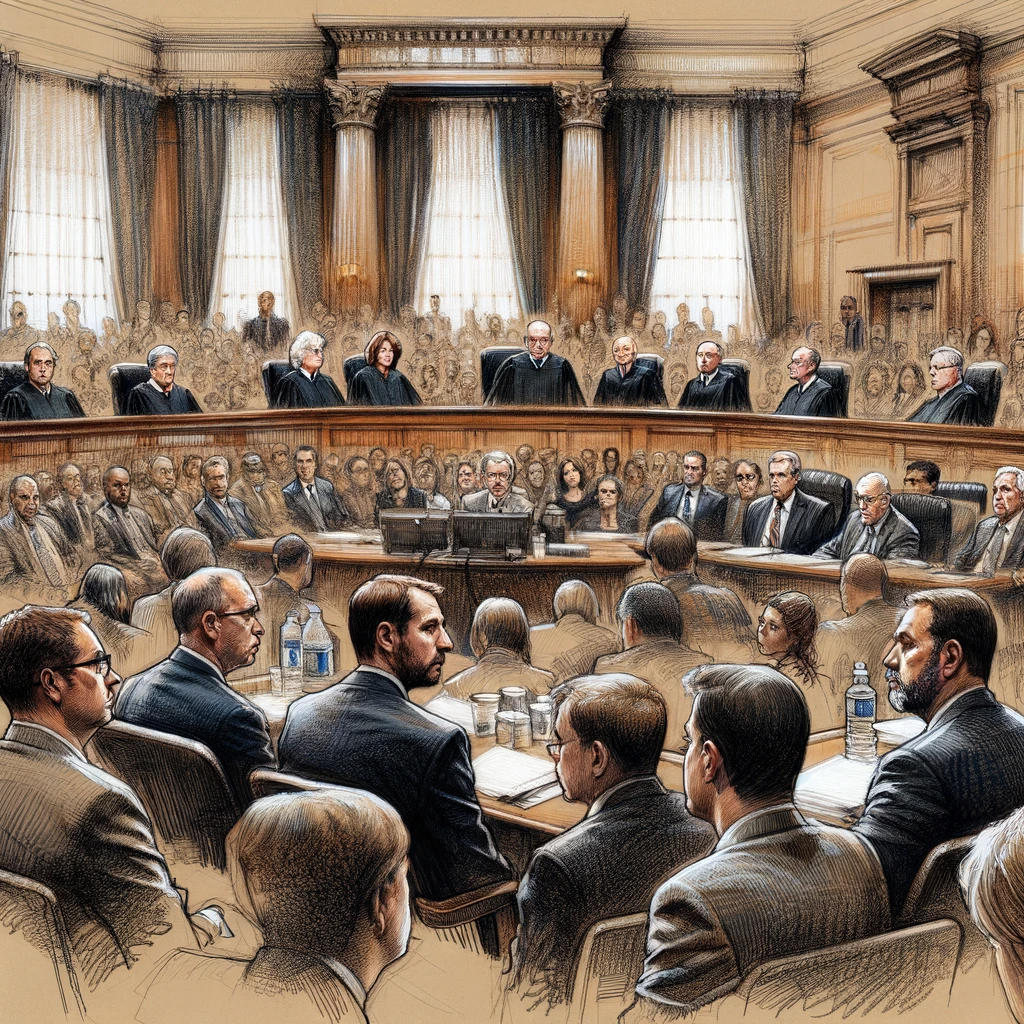Ciminelli v. United States et al.

This case revolves around the invalidity of the "right-to-control" theory under federal fraud statutes. The Supreme Court held that the right to valuable economic information needed to make discretionary economic decisions is not a traditional property interest, and thus, cannot form the basis for a conviction under federal fraud statutes.
Introduction:
CIMINELLI v. UNITED STATES et al. is a landmark case that challenges the application of the "right-to-control" theory in the context of federal wire fraud. This document does not include multimedia resources but provides a comprehensive analysis of the case.
Facts of the Case:
Louis Ciminelli, along with others, was involved in a scheme to rig the bid process for New York’s Buffalo Billion initiative. The scheme involved manipulating the bid process to favor Ciminelli’s construction company, LPCiminelli. This involved payments to a lobbyist to ensure LPCiminelli was designated a "preferred developer," resulting in the company securing major contracts, notably the $750 million Riverbend project.
Issue of the Case:
The legal question was whether the "right-to-control" theory could be validly applied under the federal wire fraud statute (18 U. S. C. §1343). The theory suggests that defrauding a victim of potentially valuable economic information necessary for discretionary economic decisions can be construed as wire fraud.
Ruling of the Case:
The Supreme Court unanimously reversed the lower court's decision, holding that the "right-to-control" theory is not a valid basis for wire fraud liability under federal law. The Court found that the right to control or the right to valuable economic information is not a recognized traditional property interest under these statutes.
Impact on the Legal System:
The ruling significantly narrows the scope of actions that can be prosecuted under the federal fraud statutes, emphasizing the protection of traditional property interests only. It limits the use of the federal wire fraud statute to cases involving the deprivation of tangible property rights, rather than intangible economic interests or information.
Conclusion:
CIMINELLI v. UNITED STATES et al. represents a pivotal moment in the interpretation of federal fraud statutes, specifically the wire fraud statute. By rejecting the "right-to-control" theory, the Supreme Court has reasserted the traditional understanding of property rights in the context of wire fraud, thereby limiting federal overreach into areas traditionally governed by state law.

